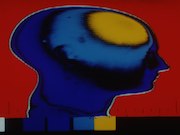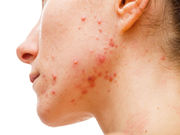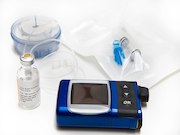Tag: Depression
During 2013 to 2016, 8.1 Percent of U.S. Adults Had Depression
Depression more common in women; lower among non-Hispanic Asians than other ethnic groups
Limited Evidence for Effect of Cranial Electrical Stimulation
No significant benefit for patients with fibromyalgia, pain; conflicting results for painful conditions
Acne Linked to Increased Risk of Major Depressive Disorder
Significantly increased risk of developing MDD in first five years after diagnosis; highest risk in first year
Depressed Rural HIV Patients May Benefit From Therapy Via Phone
Telephone-administered interpersonal psychotherapy associated with fewer depressive symptoms
Postnatal Depression Tied to Child Behavioral Problems
Persistent and severe PND linked to risk of behavior problems at 3.5 years, lower math grades at 16
Cognitive Behavioral Therapy Cost-Effective in Depressed Teens
CBT associated with lower costs in adolescents who declined or quit taking antidepressants
Transdermal Estradiol May Help Prevent Depressive Symptoms
Effects of TE, micronized progesterone seen in perimenopausal, early postmenopausal women
Bidirectional Association for Depression, Dysglycemia in T1DM
Depression increases risk of dysglycemia especially in first six months to one year of diagnosis
Transcranial Direct Current Stimulation Promising for Bipolar
tDCS seems effective and safe for adults with bipolar depression receiving stable pharmacologic regimen
Esketamine Safe, Effective for Treatment-Resistant Depression
Change in Montgomery-Åsberg Depression Rating Scale score superior for esketamine versus placebo














